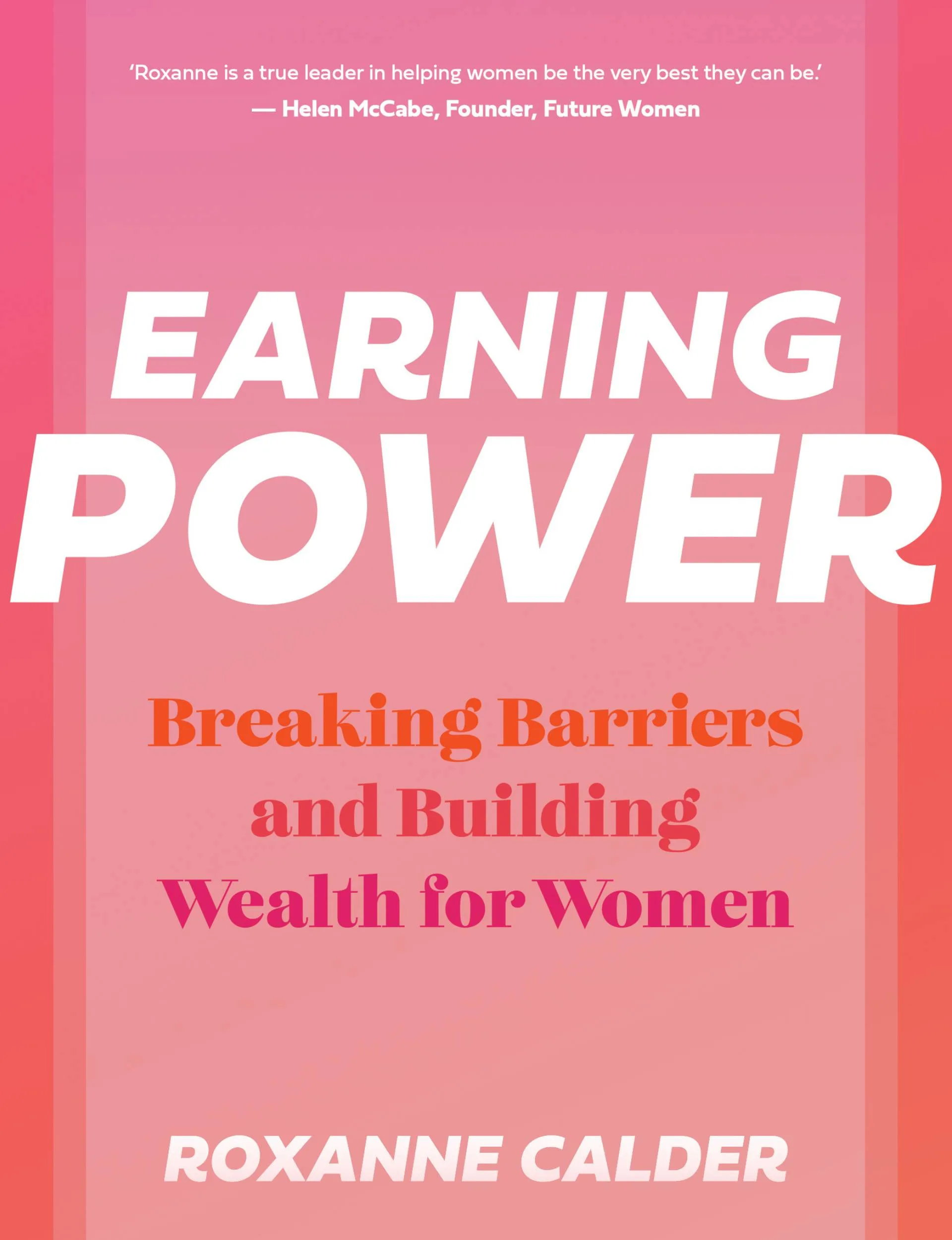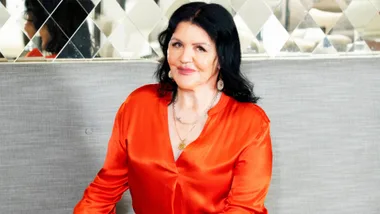The world is telling us to stand up for ourselves, “you do you” and yes, we are encouraged to say no. But pushing back too frequently negatively impacts careers. Instead, adopting the yes effect and agreeing might be the smarter decision.
The encouragement to say no is sound advice and is based on establishing healthy workplace boundaries. Your no can be for self-preservation and is essential for freeing up time for priorities and those precious opportunities to say yes. The ability to say no creates a respectful and safe workplace, assists in avoiding burnout, elevating and empowering individuals. However, be mindful of saying no based on a false boundary.

False boundaries
Positioned as a boundary, these are the reasons we provide when saying no, but they are not bona fide. When used too regularly, despite our opaque view, they are transparent to others. “I’m too busy” or, “That’s not part of my job” stops being a reason and starts being a reputation.
Very few of us say no because of true boundaries. Often, our no is based on the loss aversion theory, where a real or potential loss is perceived by individuals as psychologically or emotionally more severe than an equivalent gain. For example, saying no, based on the fear of failure, discomfort, or not liking a certain task.
Without an offer of a solution, statements such as, “I don’t have time” or, “I’m too busy” are not boundaries. They are hard stops, negative responses and can send the wrong message to your boss and team. When we say no governed by loss aversion, our instincts to avoid perceived risks often make us feel safer. It’s a false sense of security that is resulting from a defence mechanism.

How do you know when to say no?
In the formative career years, you often don’t know. That’s why you need to say yes to grow, explore, understand and stretch certain psychological muscles such as stamina, resilience and fortitude. Unless you go there and have different experiences, you cannot become the future connoisseur to know with clarity and certainty when to say yes and when not to.
As a guide, say no when saying yes would compromise your values, ethics or professional integrity. But use no when the cost is too high – when it leads to too much stress and burnout. If you feel burdened and overwhelmed, saying no can be a legitimate and smart decision. However, it still needs to be said the right way.
Knowing when and how to say no is a skill. Saying no at work the right way and for the right reason is an affirmative action and should empower, not restrict. Good boundaries need constant review and readjustment. And sometimes, you need to take on tasks and say yes, even when you’d rather not.
Fun fact: Nearly 50 percent of workers globally say their workload has increased significantly in the past 12 months.

Doing things you don’t want to do
Saying yes, even when you don’t want to, can open a multitude of opportunities. Learning is just the start. How will you know what you’re capable of if you never even try?
We experience similar as a child, being told to eat vegetables, do homework and clean our teeth. These requirements might start as a reluctance, but we are guided that they are good for us, and soon become part of our pattern and even pleasurable.
In life, we have to do the things we don’t want to do. And at work, it’s no different. Every job has aspects that are not that palatable – even the most glamorous of positions.
If you’re in a leadership or management role, don’t delegate parts of your job because you don’t like them. You might have the authority to do that, but your team will see through it. Over time, it can erode trust and credibility.
Say yes even if you don’t want to if you will benefit from the learning, networking and development. Say yes if it assists a team member and that it is a critical team and business value. However, sometimes we just have to say no.

How to say no so it doesn’t impact your career
The workplace is a social ecosystem with collaboration and trust built over time. When you repeatedly say no, relationships are weakened. It’s a natural consequence. For your nos not to be detrimental, you need many yesses already banked. If people see you as continually unavailable and inflexible, they will stop offering opportunities.
When you say no, it’s important to maintain goodwill. It can be a redirection rather than a rejection. You can do this by offering an alternate solution or suggesting another way forward. This might mean a change of date, deadline or part of the task. Additionally, keep the door open by saying, “Please come back to me next time and I’ll do my best to help you.” And follow up to make sure all went well – that shows care and responsibility.
A well-placed no isn’t about shutting things down – it’s about knowing when, where and how to create the most value.










